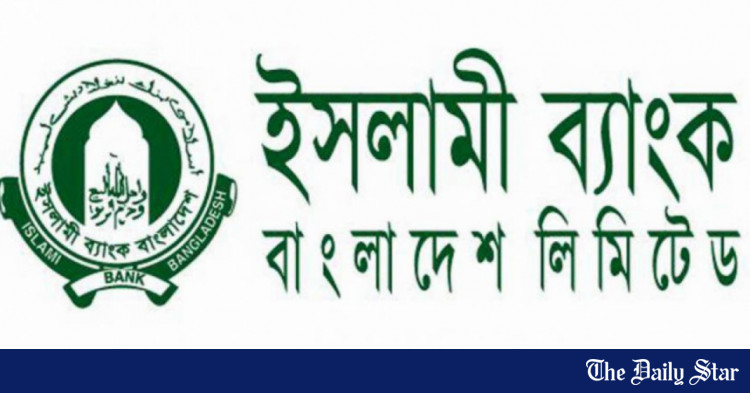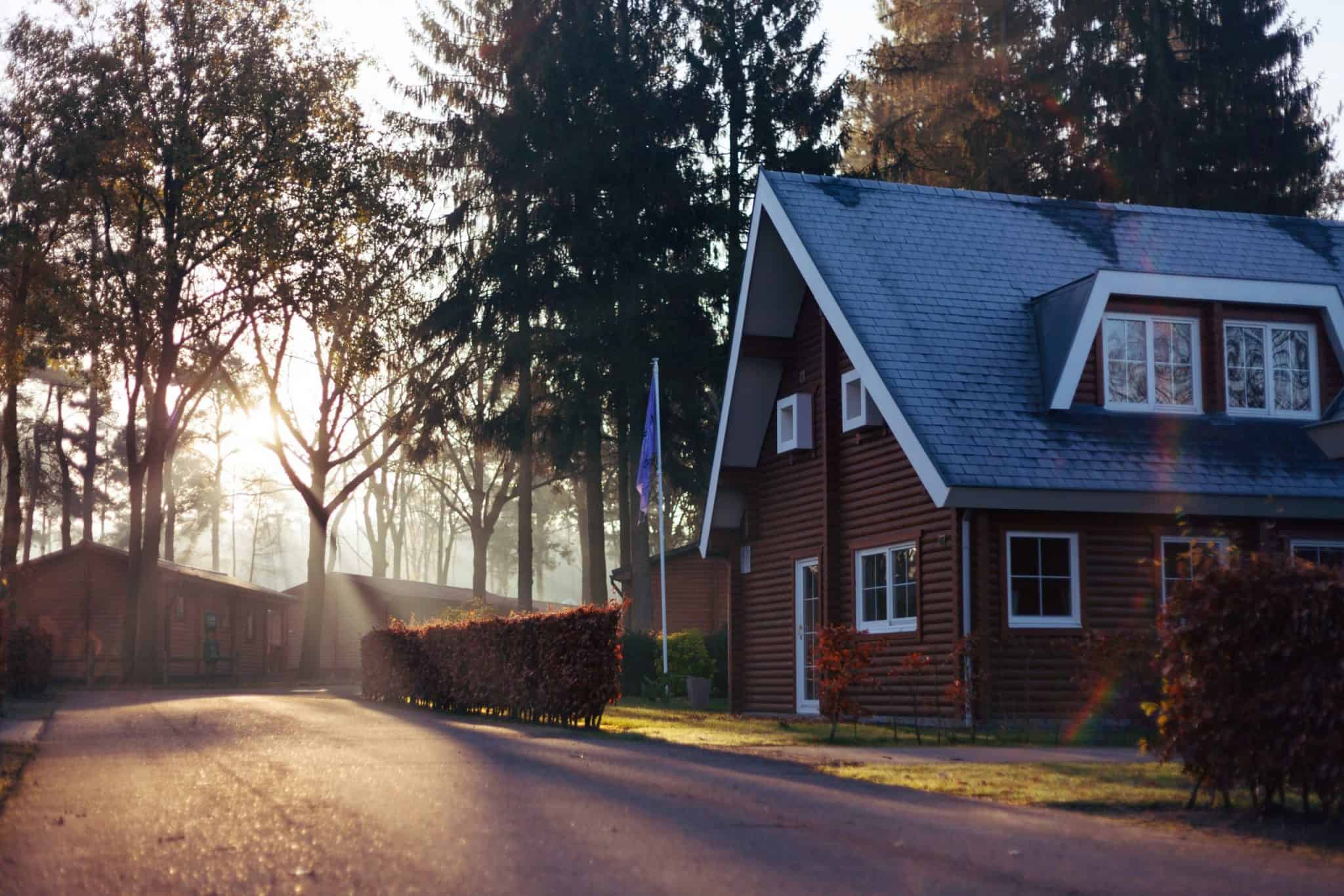fallstuff
ELITE MEMBER

- Joined
- Nov 20, 2009
- Messages
- 9,441
- Reaction score
- 0
- Country
- Location
Islami Bank takes emergency Tk 8,000cr from BB
Islami Bank has started to avail a central bank facility that is only summoned during extraordinary circumstances, as the Shariah-based lender looked to dress up its balance sheet ahead of the year's end.
Called the "lender of the last resort", the facility allows banks to borrow from Bangladesh Bank at 8.75 percent interest. As a Shariah-based lender, it is not supposed to borrow by offering interest.
But so dire was the need for fund injection for the bank, which suffered a cash reserve ratio (CRR) shortfall of Tk 5,101 crore on December 28, that it went against its principles.
On December 29, the last working day before the year-end, Islami Bank took Tk 8,000 crore under the BB special arrangement at 8.75 percent interest, which is equivalent to the special repo rate, according to Md Mezbaul Haque, the central bank's spokesman.
The special repo rate is the rate at which cash-strapped banks take loans from the central bank to ease their immediate liquidity crunch.
In exchange for the funds, Islami Bank presented a demand promissory note, which is a legal instrument in which the issuer guarantees to pay a specific sum of money at an agreed time.
A bank's demand promissory note is usually accepted by the BB when it does not have available bills and bonds to provide as collateral.
"The central bank is considered the lender of the last resort, which is why it provided the funds to Islami Bank," he said, adding that the lender repaid the funds yesterday as the repayment tenure is overnight.
The move was extraordinary: only ICB Islamic Bank and Padma Bank have used the instrument so far, said a BB official on the condition of anonymity due to the sensitivity of the matter.
"If the bank shows a CRR shortfall at its annual balance sheet at the end of a year, the depositors' confidence in the bank will erode further," according to the BB document.
CRR is a portion of the bank's deposits that it must keep in liquid cash with the central bank to protect depositors' interest. In Bangladesh, the CRR is 4 percent.
Islami Bank had a CRR shortfall in 24 days in the last two months of 2022, shows a BB document.
"If required, BB will provide more funds by using the window in the coming days to salvage the lender from the liquidity crunch," said a top BB official involved with the proceedings.
Mohammed Monirul Moula, managing director of Islami Bank, did not respond to The Daily Star's request for comment.
Once the most profitable private sector bank in Bangladesh, the lender's financial health deteriorated after a change in its boardroom in 2017.
The central bank is investigating the bank for gross irregularities in disbursing loans amounting to Tk 7,246 crore to nine companies last year.
This left the bank under tremendous withdrawal pressure, compelling it -- along with Social Islami Bank, First Security Islami Bank, Global Islami Bank and Union Bank -- to take liquidity support of Tk 5,250 crore from BB last month.
S Alam Group, a Chattogram-based business conglomerate, is well-represented in the five lenders' boards.

Islami Bank takes emergency Tk 8,000cr from BB
Islami Bank has started to avail a central bank facility that is only summoned during extraordinary circumstances, as the Shariah-based lender looked to dress up its balance sheet ahead of the year’s end.



